Passenger arrested at JFK after allegedly smuggling cocaine in hair care products
AMAICA (WABC) — An arriving passenger at JFK Airport was confronted by Customs after hair care products within her bag tested positive for cocaine. Erika Rodriguez de los Santos was arriving on a flight from the Dominican Republic in November when officers noticed five hair care products in her bag were unusually heavy. When officers searched the containers, an oil-like substance tested positive for cocaine. The total weight of the seized cocaine was 6.27 pounds. Rodriguez was arrested, and faces federal narcotics smuggling charges, and will be prosecuted by the U.S. District Attorney’s Office.
Lear MoreSeafood being smuggled to KSA through Dubai after import ban
Smuggling of fresh seafood to Saudi Arabia is going through Dubai transit after the Kingdom placed restrictions on import of Indian, Bangladeshi and Pakistani fish and shrimp products recently, fisheries sources said on Friday. “Saudi municipal administration banned sales of fisheries items exported from sub-continent countries after finding pig-meat ingredients in Indian farm fish and shrimp,” sources said, adding that the Pakistani seafood export also suffered for not qualified to the Kingdom’s food specifications. About a couple of weeks ago, Kuwait had also rejected Pakistan’s consignments of fresh seafood products for being unsuitable for human consumption, for which exporters of frozen fish and shrimp products widely held Marine Fisheries Department (MFD) responsible. Sources said that both Saudi Arabia and Kuwait were the major markets for Pakistani fresh seafood items. They feared that losing of either market will pull down the country’s annual foreign exchange earning from fisheries sector. “India’s farm fish and shrimp outstretched their shares to upstage export of Pakistan in Middle East but soon were found with prohibited substance of pig-meat in the kingdom major cities, which also caused import and sales restriction to Pakistani seafood too,” sources said.
Lear More
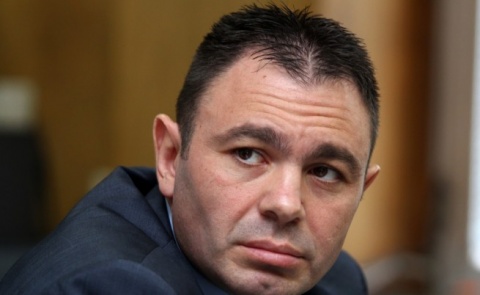
Police Bust Illegal Cigarette Factory in Sofia
Police have busted an illegal cigarette factory in Sofia, according to Svetoslav Lazarov, Chief Secretary of the Interior. Speaking Saturday at a press conference, he informed that the factory had been discovered on Friday in Sofia’s Orlandovtsi district in an operation of the “National Police” Chief Directorate of the Interior and the police officers from the 5th Regional Police Directorate in Sofia. He announced that the unpaid excise duty from the seized 5 tonnes of cut rag tobacco amounted to BGN 760 000 and the factory produced an estimated 2 tonnes of tobacco a week, or 8 tonnes a month. Lazarov said that the tobacco had been delivered to the factory, where it had been cut, processed and used to make cigarettes and packs of tobacco. He specified that the scheme had functioned for around 3 years, and the illegal tobacco products had been delivered to restaurants and pet shops, from where they had been distributed across the country. During the police operation, a man and a woman believed to be the chief organizers of the illegal activity were arrested at the factory. The two were in charge of promotion by online ads and brochures, there were also contracts with clients. Police keep searching for the other participants in the crime ring.
http://www.novinite.com/view_
Major counterfeiting operation busted on Indy’s east side
INDIANAPOLIS, Ind. (Dec. 11, 2013)– Investigators with the U.S. Secret Service believe they have shut down a counterfeit money operation responsible for a recent increase in fake money across the state. According to the Secret Service and IMPD records the raid took place around 6:30pm at 26 North Riley Avenue. SWAT units entered the home and officers recovered hundreds of thousands of dollars in countefeit cash in various stages of production. US Secret Service Special Agent in Charge Gary Durham tells Fox59 there were printers still running when police raided the home. Other sources say there was an armed sentry in the home. Members of the IMPD Violent Crimes Unit (VCU) were instrumental in identifying the location, setting up the raid. Investigators spent several hours carrying fake money, printers, computers and paper supplies out of the home. They also confiscated a security system and items associated with a meth lab, according to sources. “Bags and boxes and just about everything but the kitchen sink,” said neighbor Deloris Clark. Investigators also found various drugs and guns inside the home. Arrested in the raid were Brandon Clark, 24, Timothy Deutscher, 35, and Jessica Fisher, 30. Clark and Fisher have Indianapolis addresses. Deutscher’s address is in Columbus, Indiana.
http://fox59.com/2013/12/11/major-counterfeiting-operation-busted-on-indys-east-side/#ixzz2niFcm6Ag
Lear More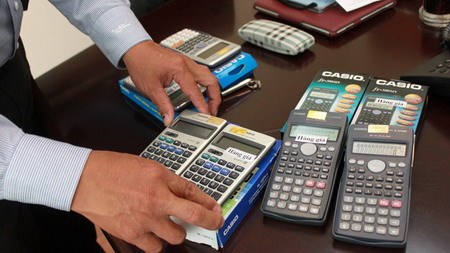
Chinese fakes bully Vietnamese products on home market
Copycats of many Vietnamese gadgets have been smuggled to Vietnam from China, leaving the real companies to deal with poor quality complaints, even bankruptcy. Chinese makers quickly follow new product launches in Vietnam, and their versions resemble the authentic products, only they are made from cheaper materials, representatives of Vietnamese companies told Tuoi Tre in a report Monday. Nguyen Cong Quyen, board chairman of Ho Chi Minh City-based consumer electronics producer Vietnam-Japan Technology JSC, said he was “panicked” with a wave of more than 20 complaining customers over the past two weeks. Quyen said Chinese fraudsters also sell the fakes at higher prices with promotional bonuses, and many customers have come to his company’s headquarters to ask for gifts such as pots and cooking oil as promised earlier. “The fraudsters provide our address, telephone numbers, faking our warranty papers and even our seal to convince people,” he said. Quyen said the Chinese makers have made great efforts to make sure it’s hard to tell the genuine and the fake products apart. “Immediately after we added a Vietnamese instruction voice to the products, the fakes also had it.”
Lear MoreSmuggling of various goods causes over Rs 22 billion loss to kitty
Pakistan’s markets are full of smuggled goods ranging from cosmetic to cigarettes, but a few individuals involved in the business are interested in legalizing their business, a survey conducted by Business Recorder revealed. Sale of smuggled petrol and diesel (including LPG) in Balochistan, Sindh, Khyber Pakhtunkhwa and South Punjab has reached its peak, which is causing above Rs 22 billion annual losses to national kitty. Business Recorder contacted different people and market places well-known for smuggled goods to determine the volume of smuggled goods circulating in the national economy and concluded that an estimated Rs 16 billion smuggled tea is being traded in the country, Rs 18 billion cigarettes, Rs 22 billion petroleum products including smuggled LPG, Rs 25 billion auto-parts as well as vehicles and over Rs 200 billion other products including cosmetics clothing, footwear, medicines, spices, juices, electronics and other items.
Lear More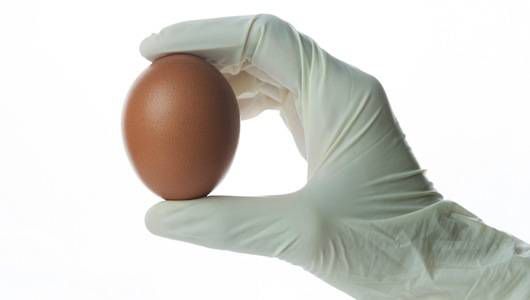
4 fake food products drawing venture capital
“Don’t eat anything your great grandmother wouldn’t recognize as food,” writes food enthusiast and intellectual Michael Pollan in “Food Rules: An Eater’s Manual.” Would great-grandma recognize faux meat made in the lab as something edible? With news that the Bill Gates’-backed Hampton Creek Foods has launched Just Mayo, a vegan mayonnaise based on the fake eggs the company is developing, the issue of faux foods is in the news again. While natural foods with minimal processing have been the gold standard for nutrition- and sustainability-minded eaters ever since the advent of junk food, a new way of thinking about food is taking root. Namely, fake food. High-tech substitutes for farm-animal products – primarily eggs and meat – could be good for the environment, proponents say, because they require fewer natural resources than livestock agriculture. As well, they could result in lowered consumption of saturated fats. But are we ready for high-tech products that take Tofurkey to the next realm?
http://www.mnn.com/food/healthy-eating/stories/4-fake-food-products-drawing-venture-capital
Lear More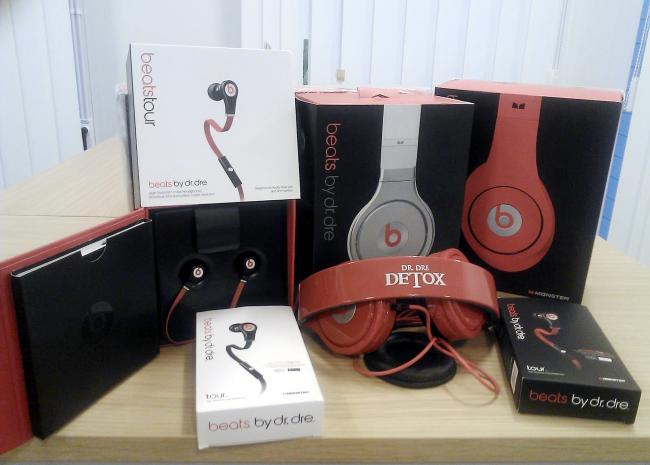
Fake Beats by Dr Dre headphones worth £250,000 seized
FAKE headphones worth £250,000 have been seized from a Radcliffe property after a swoop by Bury trading standards officers. The haul of more than 1,000 pairs of counterfeit ‘Beats by Dr Dre’ headphones was discovered after the council received an anonymous tip off. Legitimate versions of the best-selling premium headphones, famed for their red ‘b’ logo and their popularity with celebrities, sell for more than £300 each. Council investigations are still ongoing but no arrests have been made and the address of the property has not been revealed. Lorraine Chamberlin, Bury Council’s head of environmental protection, said: “We urge consumers to boycott counterfeits – it is the only way to foil the global network of criminals which controls this hugely profitable trade in fakes.”When Bury Council’s trading standards officers took a pair of the counterfeit ‘Beats’ out of their box to examine them, one of the ear pads instantly fell off.
Lear MorePolice Bust Counterfeiting Clothing Factory in Moscow Region
Police in the Moscow region have busted an illegal production center where more than 2,500 immigrants from Southeast Asia had been employed making clothes with fake labels of well-known foreign brands. The sweatshop in the suburban town of Lvanteyevka was based at a former textile factory where the immigrants, who are thought to be in the country illegally, lived in unsanitary conditions, the Interior Ministry said on its website Thursday. The clothes were made “in violation of the requirements for the safety of life and health of Russian consumers,” and then sold throughout Moscow, the ministry said. Police have confiscated 70 tons of counterfeit clothing made by 2,000 sewing machines at the factory.
Lear More
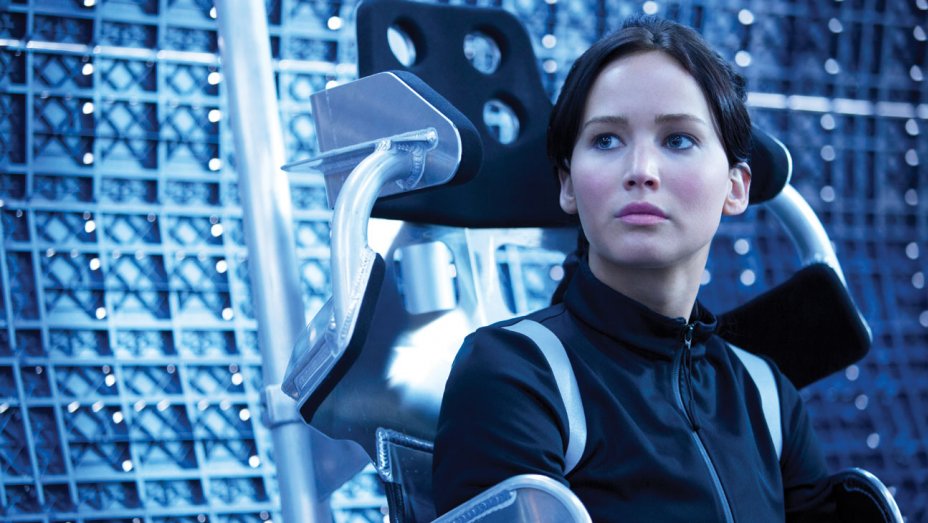
Yahoo Movies, U.K. Anti-Piracy Site Team Up
LONDON – U.K. anti-piracy site Findanyfilm.com has partnered with Yahoo! Movies U.K. and Ireland to push movie fans towards legitimate content sources in the fight against piracy. The site said the move was “one of a series of partnerships transforming FindAnyFilm from a useful destination for film fans to visit to a powerful intervention tool, actively seeking them and connecting them with where they can buy legal content.” The partnership embeds the FindAnyFilm database alongside movie-centric content on Yahoo. There will be “book now” and “watch now” buttons appearing on news articles and review pages across the Yahoo Movies site, enabling viewers to book cinema tickets and watch films via legitimate digital services. Yahoo Movies has also teamed up with FindAnyFilm to provide users with a list of the U.K. top films playing in theaters, which will appear across all Yahoo Movies pages on the right hand side, together. The partners will also offer buttons enabling people to then book cinema tickets for these films quickly and easily.
http://www.hollywoodreporter.com/news/yahoo-movies-uk-anti-piracy-662659
Lear More


